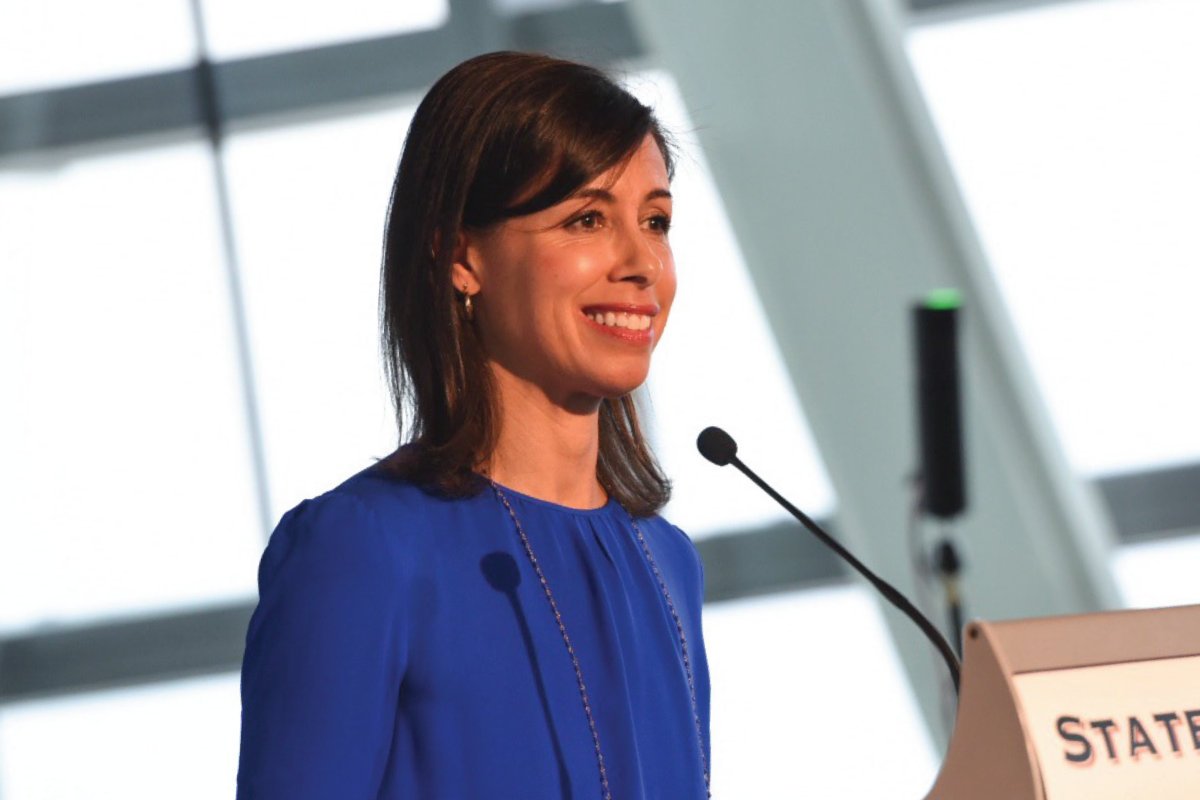New AT&T Fiber Venture, Mixed Outcomes for Big Tech Bills, Capping Predatory Prison Phone Rates
AT&T’s new Gigapower joint venture will build fiber outside the company’s current footprint.
Em McPhie

December 27, 2022 — AT&T and fund manager BlackRock Inc. announced Friday the formation of a joint venture, Gigapower LLC, to operate a fiber platform, Reuters reported.
Gigapower plans to deploy a fiber network to 1.5 million customers located outside of AT&T’s existing 21-state wireline presence using a commercial open access platform. This will contribute to AT&T’s previously announced goal of deploying fiber to more than 30 million locations by the end of 2025.
“Fiber is the lifeblood of digital commerce,” said Bill Hogg, CEO of Gigapower. “We have a proven team of professionals building this scalable, commercial open access wireline fiber network. Our goal is to help local service providers provide fiber connectivity, create the communications infrastructure needed to power the next generation of services and bring multi-gig capabilities to help close the gap for those who currently are without multi-gig service.”
Congress passes antitrust legislation, leaves out bipartisan privacy bills
Congress on Friday passed three Big Tech antitrust measures as part of the year-end omnibus spending bill: the Merger Filing Fee Modernization Act, the State Antitrust Enforcement Venue Act, and the Foreign Merger Subsidy Disclosure Act
“While there is much more that still needs to be done to rein in Big Tech, this legislation gives a much-needed boost to antitrust enforcers to crack down on these companies’ anticompetitive behavior,” said Jon Schweppe, policy director of the American Principles Project.
Two other antitrust measures that more directly targeted Big Tech companies were not included in the final spending bill: the American Innovation and Choice Online Act and the Open App Markets Act. The American Innovation and Choice Online Act aims to prevent tech companies from using their platforms to preference their own products at the expense of competitors. The Open App Markets Act would require app stores run by Apple and Google to stop requiring third-party applications to use its payment systems and stop those stores from preferencing its own apps over competitors in search results.
“This is clearly the beginning of this fight and not the end,” said Sen. Amy Klobuchar, D- Minn., on Tuesday. “I will continue to work across the aisle to protect consumers and strengthen competition.”
Despite some predictions to the contrary, the federal privacy legislation the American Data Privacy and Protection Act, the Children and Teens’ Online Privacy Protection Act, and the Kids Online Safety Act also failed to make it into the final bill. The Children and Teens’ Online Privacy Protection Act would update COPPA to include protections for children aged 12 to 16. The Kids Online Safety Act would require social media platforms to set strict privacy settings as the default for underage users, alongside a variety of other measures under a “duty of care” to mitigate harm to minors.
FCC granted authority to prevent predatory prison phone fees
The Federal Communications Commission will be required to limit predatory and excessive correctional facility phone call costs, following the passage in the House by voice vote of the Martha Wright-Reed Just and Reasonable Communications Act on Friday.
The bill, which had already passed the Senate that week, was introduced by Sens. Tammy Duckworth, D-IL, and Rob Portman, R-OH, to ensure family members could speak with incarcerated loved ones to help lower recidivism.
“The FCC has for years moved aggressively to address this terrible problem, but we have been limited in the extent to which we can address rates for calls made within a state’s borders,” said FCC Chairwoman Jessica Rosenworcel. “Today, thanks to the leadership of Sens. Duckworth, Portman and their bipartisan coalition, the FCC will be granted the authority to close this glaring, painful, and detrimental loophole in our phones rate rules for incarcerated people,” adding it is a proven way to reduce recidivism.
The FCC voted in 2021 to limit some prison phone rates, but the measure only applied to interstate and international calls. The new legislation clarifies the agency’s authority to regulate intrastate rates.









Member discussion